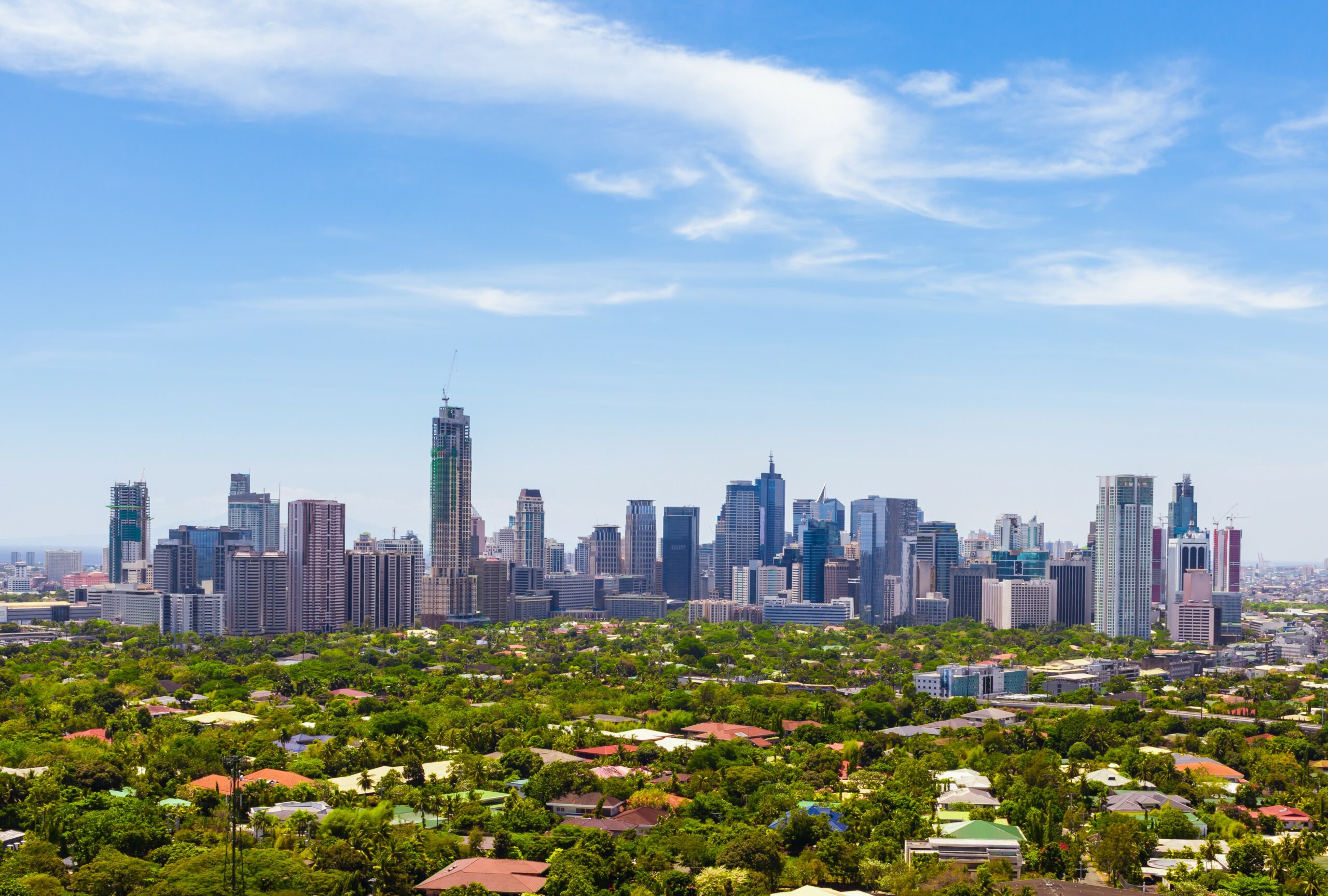Thailand in brief
Thailand is officially named The Kingdom of Thailand and is in the heart of Southeast Asia, making it strategically located to serve markets in India and China. The country counts 76 provinces and an area of more than 513, 120 square kilometres of territory and borders with Cambodia, Laos, Malaysia, and Myanmar. Overall, the appealing production base and the consumer market have created much economic growth by ranking Thailand third in quality of life among the ten ASEAN countries.
The population of Thailand accounts for 68 million whereas 15 million people are in the city centre of Bangkok. Other main cities of Thailand are Nakhon Ratchasima, Chiang Mai, Hat Yai and Udon Thani. Thai is spoken by most of the population, but due to the international workers and business culture, different languages are spoken in Thailand including Burmese, Karen, English, Chinese, Japanese, and Vietnamese, among others. Unlike most countries that use the currency of the euro or dollar, Thailand’s currency is called the Thai Bat.
Furthermore, Thailand is a founding member of the World Trade Organisation (WTO), the Association of Southeast Asian Nations (ASEAN), The Bay of Bengal Initiative for Multi-Sectoral Technical and Economic Cooperation (BIMSTEC), Transatlantic Free Trade Area (TAFTA), Japan-Thailand Economic Partnership Agreement (JTEPA) and the European Free Trade Association EFTA. In particular, the membership of ASEAN has created the advantage for Thailand to have a network of over 640 million people covering over 10 regional countries.
Industry Trends and Business Opportunities
In the upcoming years, the sectors of agriculture, sustainability, transportation, and logistics created enormous opportunities for Dutch businesses to explore. With many business partners across the world, the Netherlands is the largest cumulative EU investor of Thailand. The Dutch government actively support enterprises integrating social, environmental, ethical, and human rights concerns into business operations in Thailand.
AGRICULTURE
The agriculture sector contains over half of the Thai GDP and can therefore be considered as one of the most prominent sectors. Thailand is the leading head of natural resources in the food processing industry compared to regional and global competitors. The success of more than 10,000 food processing companies is also seen by the Thai government, which is now stimulating better quality by implementing higher standards on food safety and hygiene.
SUSTAINABILITY
Thailand is working on its National Strategy Plan (2018-2037) including an emphasis on the prosperous aspects of sustainability and eco-friendly development and growth. Nevertheless, Thailand is still facing some challenges in upholding damage towards the environment. Incentives are created concerning implementing a circular economy, using renewable energy, and tackling waste. Several goals have been set, for example, to increase the number of electric vehicles and make more use of renewable sources in the agriculture sectors, such as solar, wind and bioenergy.
TRANSPORTATION & LOGISTICS
Manufacturing parts have caused a sudden high demand in transportation and logistics of which Thailand is geographically located in a favourable position near a trading hub. The rise in collaboration with international companies has caused a flow of investments in improving facilities including train, road- and water networks.
SUMMARY:
Reasons for doing business in Thailand:
- Strategically located in Asia
- Steady and remaining growing economy
- Intercultural and diverse population
- Promising incentives with businesses in the Netherlands
- Potential interest in extending export relations with European countries
